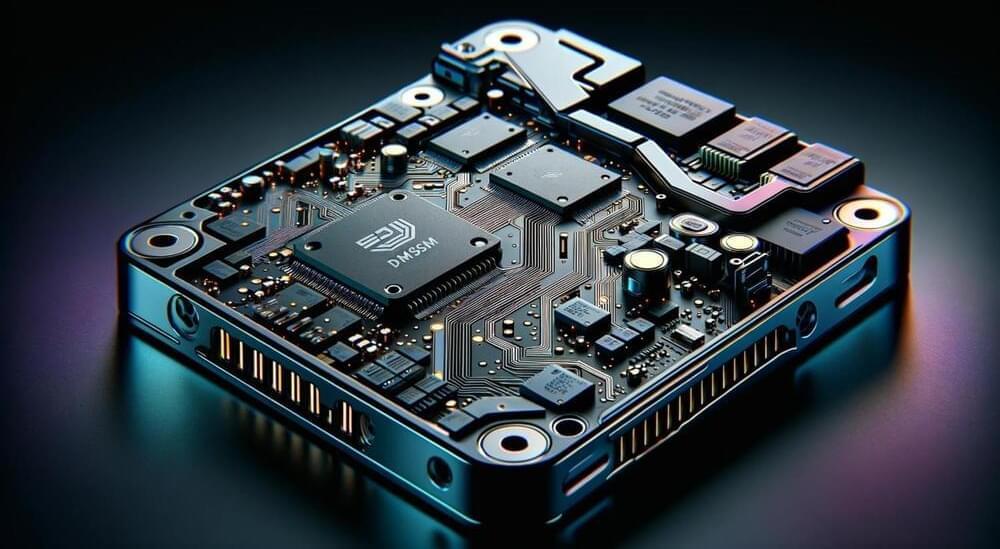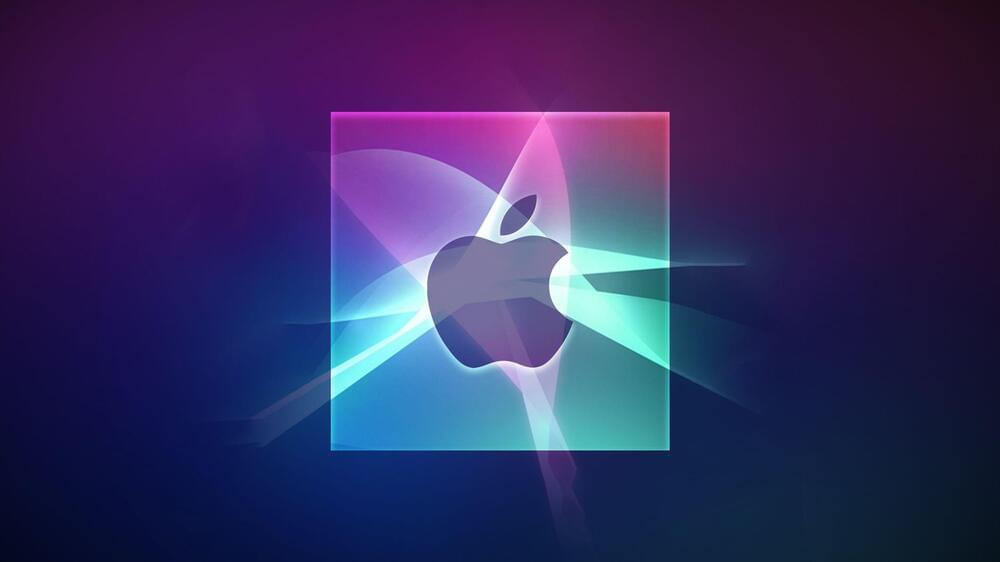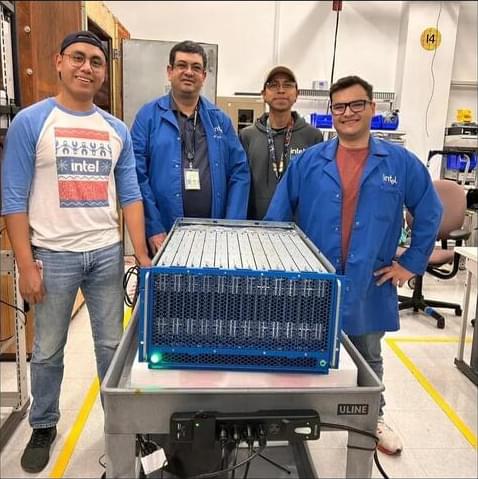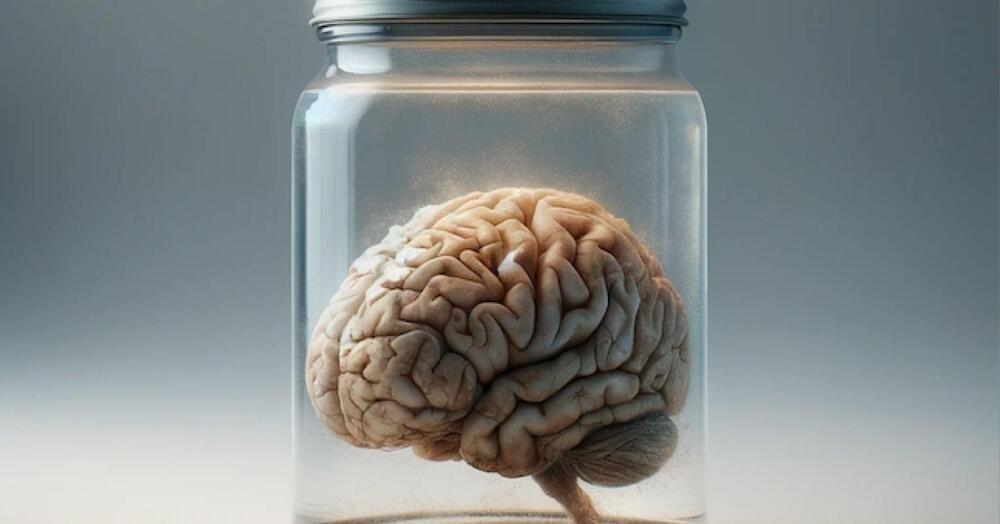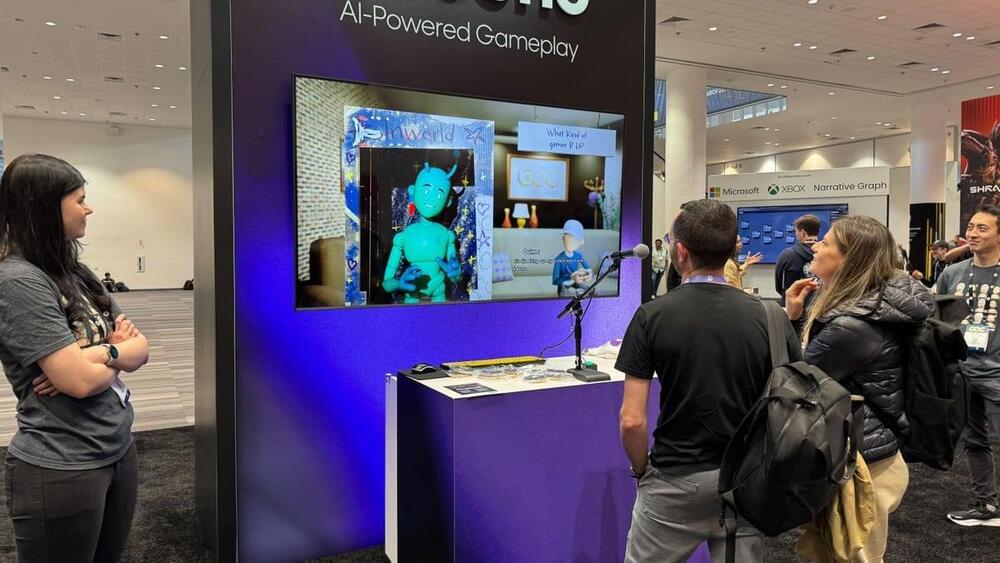The AI of the future won’t just be a chatbot — it’ll be, according to OpenAI CEO Sam Altman, outfitted with incredibly detailed information about its users.
In an interview with the MIT Technology Review, Altman suggested that AI should be working for its users harder than even the hardest-working human executive assistant, and would know absolutely everything about whoever is using it.
Speaking to the magazine between a series of events at Harvard, which were hosted in part by the venture capital firm Xfund, the OpenAI cofounder said that the best use of AI would be a “super-competent colleague that knows absolutely everything about my whole life, every email, every conversation I’ve ever had, but doesn’t feel like an extension.”


